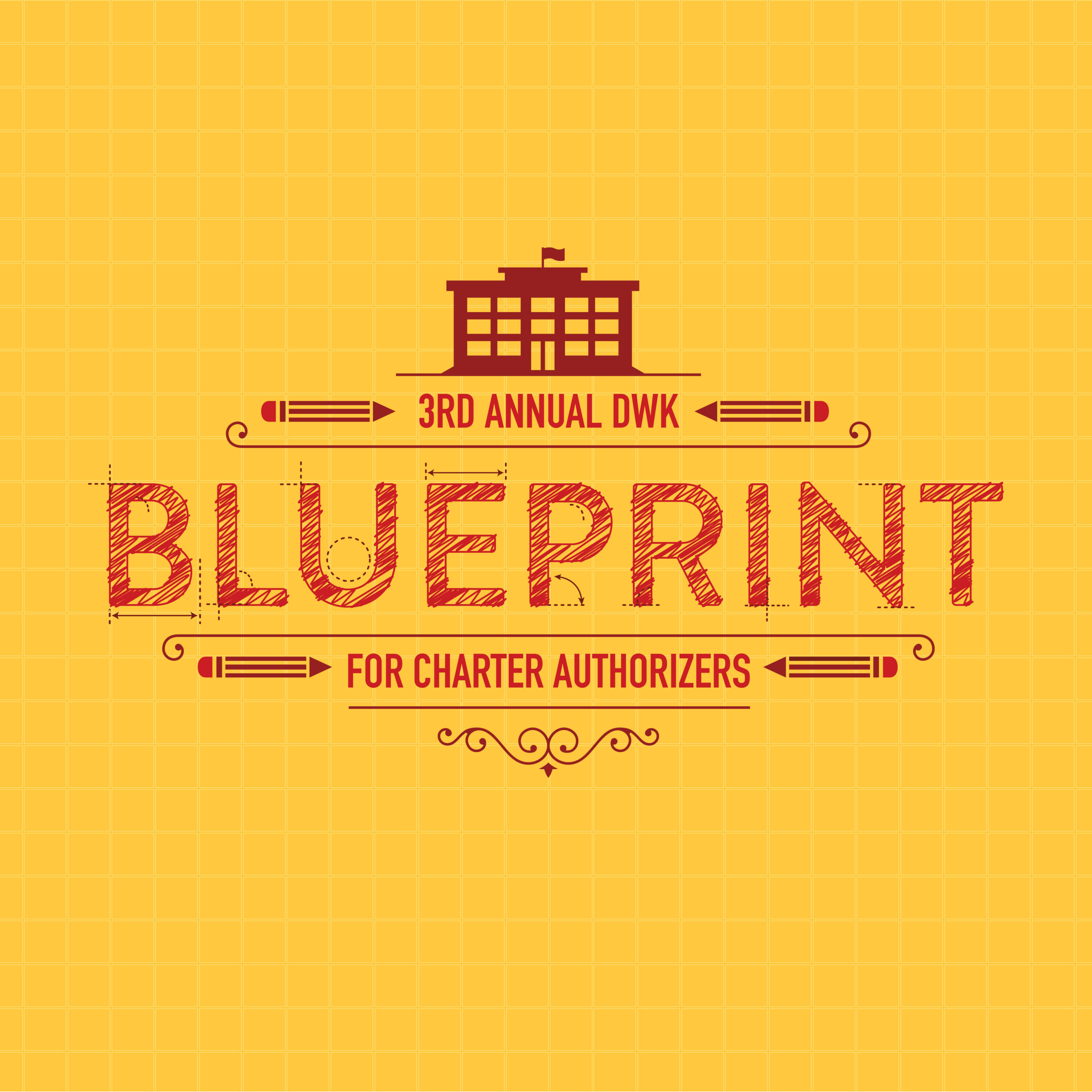3rd Annual Blueprint for Charter Authorizers Webinar
Tuesday, May 6, 2025
8:30 am to 11:30 am
The 3rd Annual Blueprint for Charter Authorizers Symposium is an in-depth conversation with DWK attorneys, designed to equip you with the knowledge, resources, and tools to address the ever-changing landscape of Charter Schools in your district.
Featuring presentations on a variety of topics, the Blueprint for Charter Authorizers is designed to provide vital information to board members and district staff regardless of whether they are new to the district or veterans.
Your $150 registration fee includes attendance for up to 4 district officials or employees.
Unintended Consequences: AB 1505, Mayacamas Charter, and the Rise of Countywide Charters
Presented by Sue Ann Salmon Evans and Keith A. Yeomans
In 2019, the Legislature comprehensively amended the Charter Schools Act through the enactment of Assembly Bill No. 1505. One of the key objectives was to ensure local school districts had a greater voice when considering charter school petitions, including the consideration of community and fiscal impacts on local schools when approving or denying charter school petitions. Recent litigation with the Mayacamas Charter School in Napa Valley Unified School District has revealed a loophole in AB 1505’s objectives as charter schools increasingly turn to countywide charter school petitions to circumvent both local school district input and the consideration of community and fiscal impacts on local schools. This presentation will examine the Legislative efforts to give local school districts greater control and flexibility when considering charter school petitions, recent litigation testing these new amendments, and charter school petitioners’ pivot towards countywide charter schools as a potential means of circumventing the Legislature’s amendments.
Charter Oversight – Recognizing and Addressing Equity of Access Issues
Presented by William F. Schuetz, Jr.
While charter schools should be a public education choice open to all students, barriers may be in place that inhibit or even deny equity of access. Through this discussion of charter school obligations regarding admissions, non-discrimination, achieving a balance reflective of its authorizer, and meeting the needs of all student populations attending the charter school, attendees will learn to recognize potential problem areas, and take away recommended practices that can be utilized as part of oversight and renewals to help ensure equal access is afforded and what can be done if it is not.

